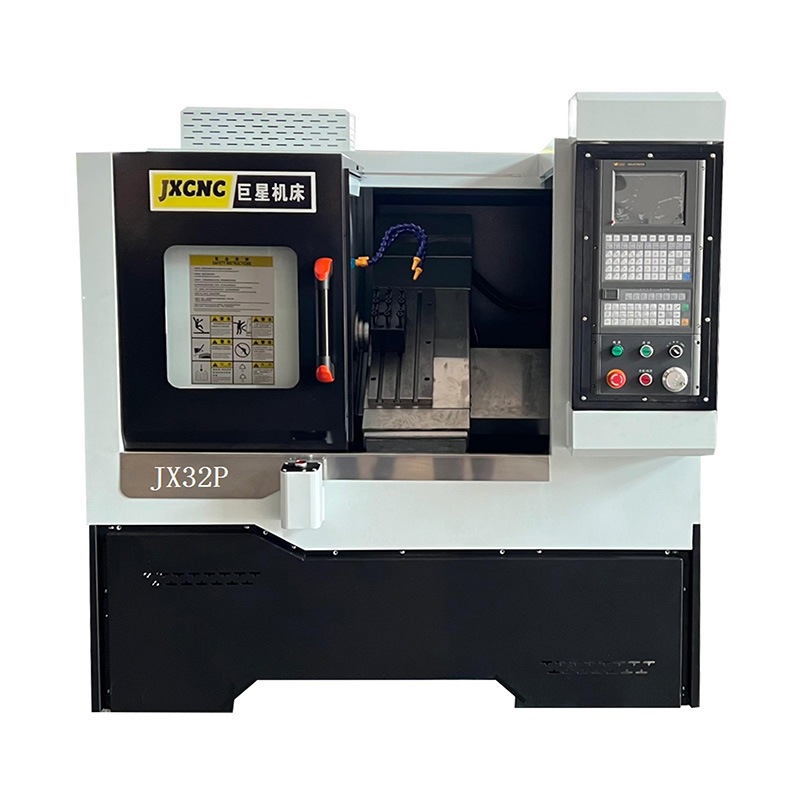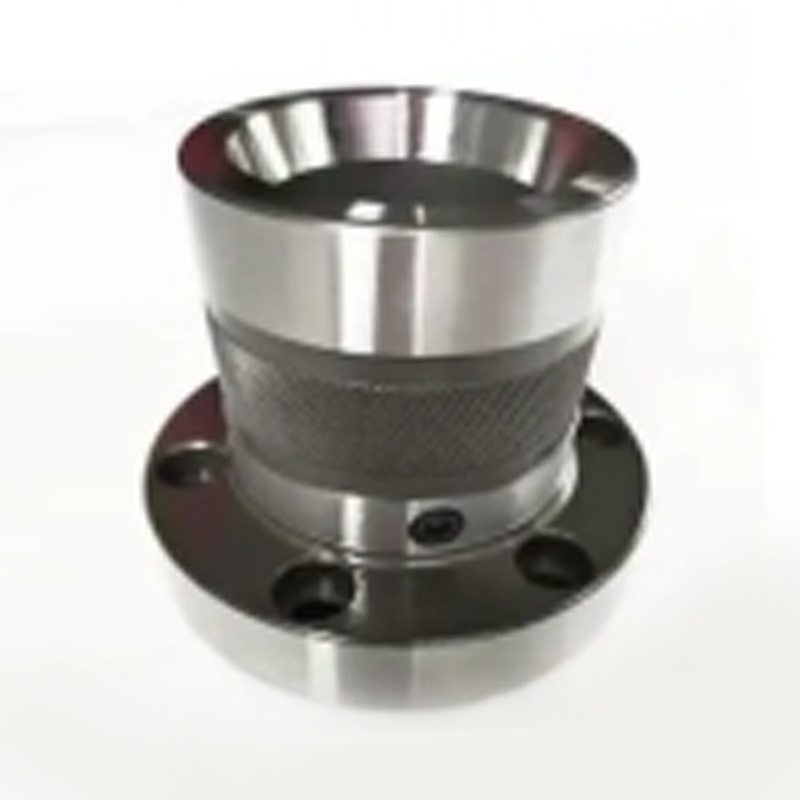CF60 CNC Polygon Lathe
Cat:High Rigidity Polygon Lathe
The CF60 CNC Polygon Lathe is a highly efficient and versatile machine tool designed for small to medium-sized precision parts milling. It is capable ...
See DetailsAt the outset, operators must be fully trained before using any CNC lathe. A reputable CNC machine lathe factory ensures that every machine is accompanied by user guidelines and that customers are offered setup support or technical consultations. Operators should begin by familiarizing themselves with the machine's control panel, safety switches, and emergency stop functions. Before powering up the lathe, it is essential to inspect the machine's condition and ensure that all moving parts are free from obstructions. This step, while basic, is a safety precaution that every CNC machine lathe factory advises without exception.

When turning on the CNC machine lathe, always follow the startup procedure specified by the manufacturer. Many CNC machine lathe factory instructions include steps such as verifying the lubrication system, checking coolant levels, and ensuring the work area is clean. The lathe must be initialized to its home position to synchronize its internal software with the actual position of the components. Skipping this step can result in positioning errors and inaccurate machining, a concern that any CNC machine lathe factory takes seriously.
Loading the workpiece requires careful alignment and securing it with the appropriate chuck or collet. The tool holder should be correctly installed, and tool offsets must be set in the machine's control system. From our experience as a CNC machine lathe factory, this is a common point where beginners may struggle. Misaligned tools or incorrectly input offsets can cause collisions, damage to the cutting tool, or flaws in the finished product. That's why our CNC machine lathe factory strongly recommends that all input parameters, including feed rate, spindle speed, and depth of cut, be double-checked before launching a machining cycle.
Running a dry simulation is a practice that any responsible CNC machine lathe factory encourages. The dry run allows the operator to observe the programmed tool path without actual cutting, ensuring there are no unexpected tool movements or potential collisions. A CNC machine lathe factory typically includes simulation software within the control system for this purpose, reinforcing safe and accurate operations.
During operation, attention to detail is crucial. The operator must monitor spindle speed, cutting forces, coolant flow, and machine temperature. Any unusual vibrations, noises, or tool wear should be addressed immediately. Our CNC machine lathe factory has seen that proactive observation reduces downtime and extends the lifespan of both the machine and the tools. A well-monitored machining cycle not only ensures quality but also safeguards the equipment investment.
At the end of a production run, proper shutdown procedures must be followed. The tool should be retracted to a safe position, the spindle stopped, and the work area cleaned. Operators should log any abnormalities or issues encountered, a habit that our CNC machine lathe factory insists on as part of quality control. Regular maintenance is equally important. Lubricating moving parts, cleaning the coolant system, and inspecting the tool holders are tasks that keep the machine in working condition.
For customers operating machines over long periods, a scheduled inspection by the CNC machine lathe factory is recommended. These inspections help detect wear and misalignment before they develop into serious problems. As a proactive CNC machine lathe factory, we also offer remote diagnostic services and spare part availability to reduce customer downtime.
Operating a CNC lathe safely and efficiently involves far more than pressing buttons. It requires training, attention to detail, and a structured approach to setup, machining, and maintenance. From our years of experience as a CNC machine lathe factory, we can confirm that these practices not only enhance productivity but also protect your investment in precision machining. Whether you're a new operator or an experienced machinist, following proper instructions is the way to make the of your CNC equipment. Every CNC machine lathe factory wants to see its machines perform at their better—and that starts with informed and careful operation.

